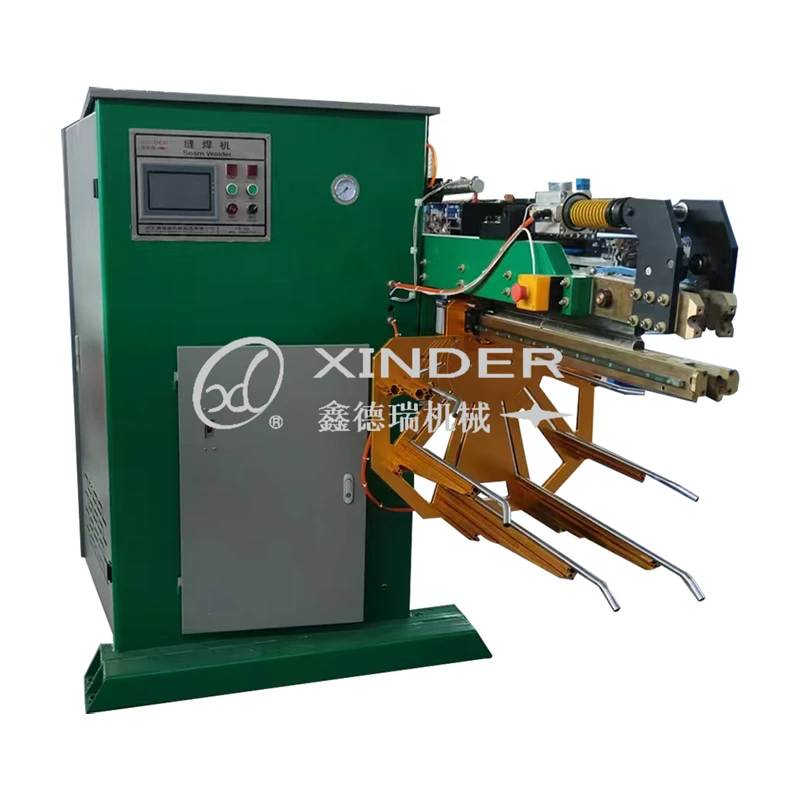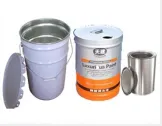-
 8613931787312
8613931787312 -
 Botou Industrial Zone on the east side of National Highway 104, Botou City, Hebei Province
Botou Industrial Zone on the east side of National Highway 104, Botou City, Hebei Province
- Afrikaans
- Albanian
- Amharic
- Arabic
- Armenian
- Azerbaijani
- Basque
- Belarusian
- Bengali
- Bosnian
- Bulgarian
- Catalan
- Cebuano
- Corsican
- Croatian
- Czech
- Danish
- Dutch
- English
- Esperanto
- Estonian
- Finnish
- French
- Frisian
- Galician
- Georgian
- German
- Greek
- Gujarati
- haitian_creole
- hausa
- hawaiian
- Hebrew
- Hindi
- Miao
- Hungarian
- Icelandic
- igbo
- Indonesian
- irish
- Italian
- Japanese
- Javanese
- Kannada
- kazakh
- Khmer
- Rwandese
- Korean
- Kurdish
- Kyrgyz
- Lao
- Latin
- Latvian
- Lithuanian
- Luxembourgish
- Macedonian
- Malgashi
- Malay
- Malayalam
- Maltese
- Maori
- Marathi
- Mongolian
- Myanmar
- Nepali
- Norwegian
- Norwegian
- Occitan
- Pashto
- Persian
- Polish
- Portuguese
- Punjabi
- Romanian
- Russian
- Samoan
- scottish-gaelic
- Serbian
- Sesotho
- Shona
- Sindhi
- Sinhala
- Slovak
- Slovenian
- Somali
- Spanish
- Sundanese
- Swahili
- Swedish
- Tagalog
- Tajik
- Tamil
- Tatar
- Telugu
- Thai
- Turkish
- Turkmen
- Ukrainian
- Urdu
- Uighur
- Uzbek
- Vietnamese
- Welsh
- Bantu
- Yiddish
- Yoruba
- Zulu
Feb . 14, 2025 14:56
Back to list
hydraulic sheet bending machine price
Pneumatic sheet metal bending machines are revolutionizing the metalworking industry with their efficiency and user-friendly design, offering compelling advantages for manufacturers seeking greater precision and reduced manual labor. These machines leverage pneumatic pressure to perform bending operations, providing a consistent and reliable output that outpaces traditional manual and even hydraulic counterparts.
In terms of authority within the field, pneumatic machines have quickly gained ground due to their reliability and efficiency. Manufacturers investing in these machines can offer more competitive pricing and better quality products because of the reduced overhead costs associated with faster production times and lower maintenance needs. Case studies from leading fabrication companies have documented significant savings and improvements in product quality, bolstering the machine's reputation as a worthwhile investment. Building trust with clients is paramount, and choosing a pneumatic sheet metal bending machine reflects a commitment to quality, precision, and efficiency. Customers can be assured that parts produced using these machines are met with stringent standards, often surpassing industry expectations. The consistency in production also means orders are fulfilled quicker, satisfying client demands and building long-term business relationships. As markets increasingly demand bespoke solutions with short lead times, the flexibility of pneumatic sheet metal bending machines stands out. These machines can quickly be adjusted to accommodate different angles and radii, allowing for rapid prototyping and batch production without lengthy retooling processes. This versatility is invaluable, providing a competitive edge in fast-paced markets where adaptability is a key driver of success. In summary, pneumatic sheet metal bending machines embody the principles of Experience, Expertise, Authoritativeness, and Trustworthiness. By incorporating these machines into production lines, manufacturers enhance operational efficiency, reduce environmental impact, and deliver consistent, high-quality products. Investing in this technology not only positions companies at the forefront of innovation but also meets the increasing demands for precision and reliability in modern manufacturing.


In terms of authority within the field, pneumatic machines have quickly gained ground due to their reliability and efficiency. Manufacturers investing in these machines can offer more competitive pricing and better quality products because of the reduced overhead costs associated with faster production times and lower maintenance needs. Case studies from leading fabrication companies have documented significant savings and improvements in product quality, bolstering the machine's reputation as a worthwhile investment. Building trust with clients is paramount, and choosing a pneumatic sheet metal bending machine reflects a commitment to quality, precision, and efficiency. Customers can be assured that parts produced using these machines are met with stringent standards, often surpassing industry expectations. The consistency in production also means orders are fulfilled quicker, satisfying client demands and building long-term business relationships. As markets increasingly demand bespoke solutions with short lead times, the flexibility of pneumatic sheet metal bending machines stands out. These machines can quickly be adjusted to accommodate different angles and radii, allowing for rapid prototyping and batch production without lengthy retooling processes. This versatility is invaluable, providing a competitive edge in fast-paced markets where adaptability is a key driver of success. In summary, pneumatic sheet metal bending machines embody the principles of Experience, Expertise, Authoritativeness, and Trustworthiness. By incorporating these machines into production lines, manufacturers enhance operational efficiency, reduce environmental impact, and deliver consistent, high-quality products. Investing in this technology not only positions companies at the forefront of innovation but also meets the increasing demands for precision and reliability in modern manufacturing.
Latest News
-
The Rise of Laser Welding in Global Manufacturing: Spotlight on China’s Competitive EdgeNewsJun.05,2025
-
The Power of Precision: Exploring the Role of Automatic Seam Welding Machines in Modern ManufacturingNewsJun.05,2025
-
The Essential Guide to Can Welding Machines: Revolutionizing the Packaging IndustryNewsJun.05,2025
-
Resistance Welding Equipment: A Smart Investment for Industrial ManufacturingNewsJun.05,2025
-
Precision Welding for Modern Manufacturing: The Rise of Automatic Seam Welding MachinesNewsJun.05,2025
-
Laser Welding for Stainless Steel: The Precision Edge in Modern Metal FabricationNewsJun.05,2025
-
The Modern Evolution of Barrel Production: Technology, Machines, and Market PricingNewsMay.22,2025
related products
-
 Pneumatic Handle Welding MachineSep . 13, 2024
Pneumatic Handle Welding MachineSep . 13, 2024 -
 Fully Automatic Kaiping Production LineOct . 17, 2024
Fully Automatic Kaiping Production LineOct . 17, 2024 -
 Fully Automatic Metal Bucket Lifting HeadphonesSep . 14, 2024
Fully Automatic Metal Bucket Lifting HeadphonesSep . 14, 2024

